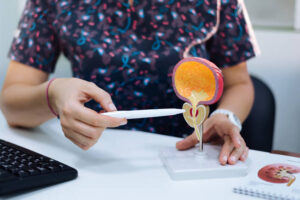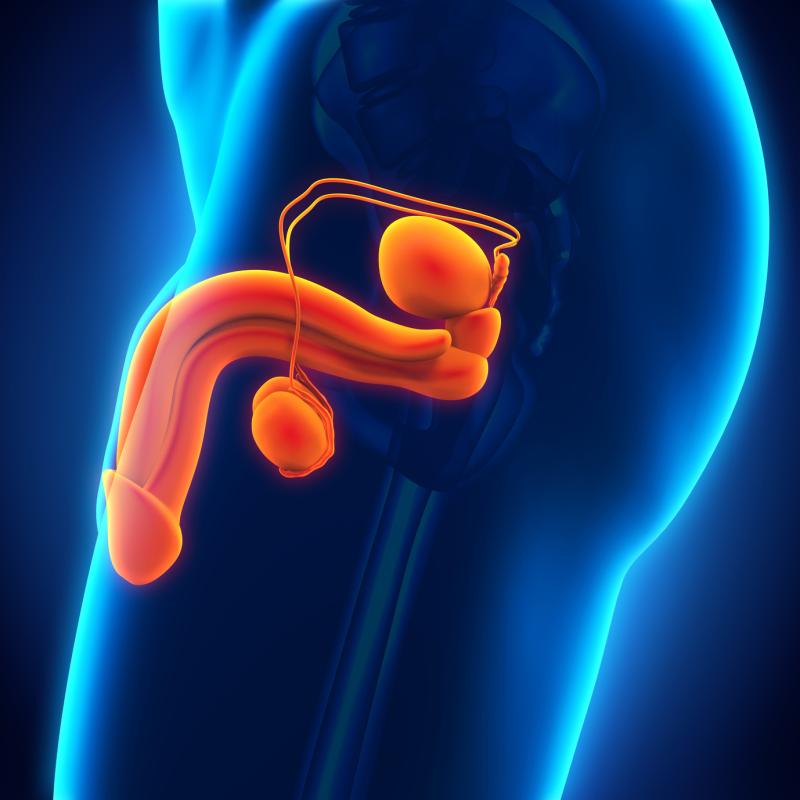Vesicovaginal Fistula Repair
It is the surgical correction of a pathological opening between the urinary bladder and the vagina. Vesicovaginal fistula repair In the procedure, the fistula is closed and the normal anatomical structure is reconstructed. It is a procedure usually performed for women who experience urine leakage due to fistula. The surgery is performed to improve the patient's quality of life and restore urinary control.
What is Vesicovaginal Fistula Repair?
Vesicovaginal fistula is a condition in which there is an abnormal connection between the urinary bladder and the vagina. This condition is caused by reasons such as trauma, surgical complications, and postnatal injury. It can cause urine to leak out of the vagina, causing urinary leakage. Vesicovaginal fistula repair, This is the surgical correction of the abnormal connection or hole. During surgery, the fistula area is closed. Various surgical techniques are used to recreate the normal anatomical structure.
This operation repairs the fistula that is causing urine leakage and other symptoms. It aims to improve the patient's quality of life. In the postoperative period, the patient goes through a certain recovery period. Usually, urinary incontinence symptoms decrease or disappear completely. However, sometimes surgical intervention may be required again. Full recovery may not be achieved in some patients. Therefore, the treatment approach should be determined for each patient, taking into account the specificity of his condition.
How to Repair Vesicovaginal Fistula?
 The patient's general health condition is evaluated. If necessary, further examinations are performed to reduce the risk of complications. The appropriate type of anesthesia is determined together with the anesthesiologist. The location and size of the vesicovaginal fistula are marked preoperatively. It is generally performed under general anesthesia to ensure the patient's comfort during the surgery. An appropriate surgical incision is made to gain access to the vaginal and bladder areas. The fistula area is examined and the fistula size, location and condition of the surrounding tissues are evaluated.
The patient's general health condition is evaluated. If necessary, further examinations are performed to reduce the risk of complications. The appropriate type of anesthesia is determined together with the anesthesiologist. The location and size of the vesicovaginal fistula are marked preoperatively. It is generally performed under general anesthesia to ensure the patient's comfort during the surgery. An appropriate surgical incision is made to gain access to the vaginal and bladder areas. The fistula area is examined and the fistula size, location and condition of the surrounding tissues are evaluated.
Surrounding healthy tissues are cleaned and the fistula sac is closed. Stitches are placed to re-establish the anatomical relationship between the urinary bladder and the vagina. When necessary, vesicovaginal fistula repair Tissue grafts and flaps are used to support it. After the stitches are placed, the surgical incisions are closed and dressed. The patient's postoperative recovery process is monitored. If necessary, a urinary catheter or other supportive treatments may be applied. The recovery process may vary depending on the patient's general health condition and the complexity of the surgery.
The full recovery process can range from a few weeks to a few months. Postoperative follow-up of the patient is important. Regular check-ups should be performed to monitor the healing process and detect any complications early. Every patient's situation is different. Therefore, surgical approaches and techniques vary depending on the surgeon's preference, the patient's condition, and the characteristics of the fistula. Therefore, it is important for the patient to consult individually with a gynecologist or urologist.
Things to Consider After Vesicovaginal Fistula Repair
Regular check-ups and follow-up are important after surgery. You should follow the appointments recommended by your doctor. You should apply the methods recommended by your doctor to ensure that the wound in the operation area remains clean and dry. You should watch and be alert for signs of infection. You should use the medications prescribed by your doctor regularly. Certain medications, such as painkillers or antibiotics, may need to be taken. To prevent urinary tract infections, you should pay attention to hygienic practices. You should void your urine regularly and keep the genital area clean.
Vesicovaginal fistula repair It is important to maintain a healthy diet in the post-operative period. Consuming adequate fluids can support healing. It is important to follow the dietary restrictions recommended by your doctor. You should avoid heavy lifting, excessive exercise, or excessive activity for a certain period of time after surgery. It is important to rest for the period specified by your doctor. You should talk to your doctor about when you can start sexual intercourse.
It is generally recommended to avoid sexual intercourse for a certain period of time after surgery. You should watch for signs of urine leakage, fever, extreme pain, or other abnormal complications. If you have such symptoms, you should contact your doctor immediately. You should avoid smoking and consuming alcohol as they can negatively affect the healing process. Because every patient is different, you should consult your doctor for specific recommendations and instructions. Following your doctor's recommendations is important for a faster and healthier recovery process.






